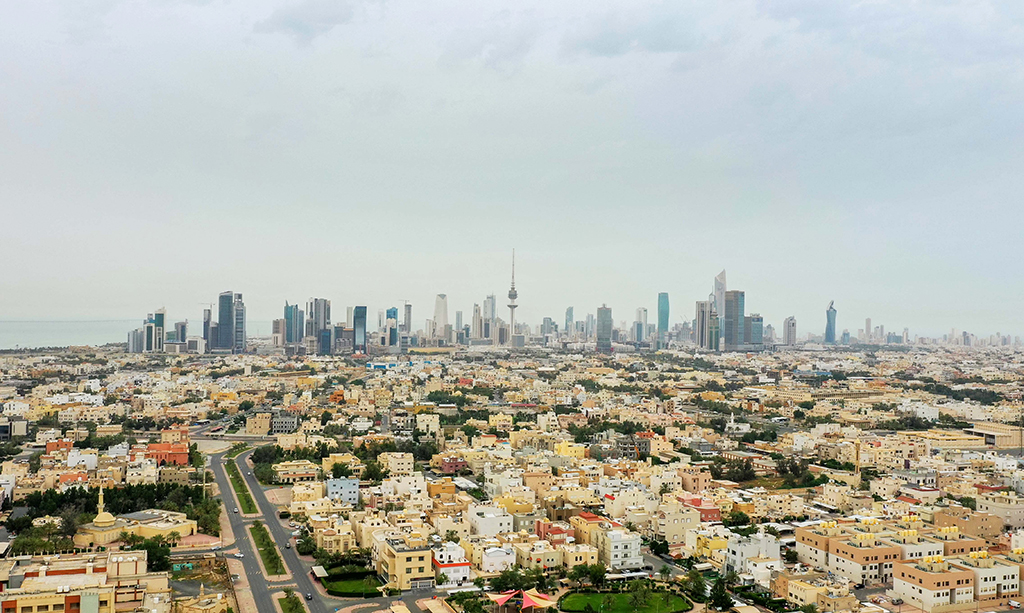By Majd Othman
KUWAIT: A report indicated that affordability of housing in Kuwait is the lowest among Gulf countries, with a price-to-income ratio of 15:8, making it one of the least affordable places in the world to own residential property, according to Kuwait Financial Centre (Markaz).
The report showed that although Kuwait attaches great importance to meeting the housing needs of its citizens through the Public Authority for Housing Welfare, which provides Kuwaiti citizens with options such as a prebuilt house or a plot of land with a long-term interest-free loan from Kuwait Credit Bank of up to KD 70,000, the supply of housing units could not keep pace with the increasing demand. The number of pending housing requests until the year 2020 at PAHW reached 91,794, while the waiting period from the submission of applications until allocation reached nearly ten years. The shortage of supply also caused a rise in private housing prices, and reduced the affordability of owning private homes.
 Sulaiman Al-Dulaijan
Sulaiman Al-Dulaijan"One of the reasons for the citizen's inability to bear the costs of buying property is price hikes and the absence of real estate financing for private housing, especially after Kuwait Central Bank stopped housing loans in the beginning of 2014. We see its result in the increase in property prices and the inability of people to buy, in addition to other reasons, such as speculation that occurred during the pandemic, increase in prices and lack of supply in the market," real-estate expert Sulaiman Al-Dulaijan told Kuwait Times.
"The problem is that the state controls private housing land and disposes it through the Public Authority for Housing Welfare, which distributes housing to those eligible after 15 to 20 years of them submitting an application. This is the state of the administrative situation within the authority," he said.
Regarding the reasons for stopping housing loans, the decision was taken at that time because during 2010 to 2014, there was inflation in the economy similar to what the economy is facing presently, but at a slower pace. "Therefore, the Central Bank issued a decision to prevent any Kuwaiti citizen from buying any residential property by paying with their salary, while it was available for those who had another financial source. Citizens could also take personal loans to buy houses," Al-Dulaijan explained.
"But the citizen is often unable to take a loan proportionate with the real estate prices in the market. If we assume that the citizen's salary is KD 1,500, the loan they can get according to the laws of the banks will not exceed KD 30,000 in the best case. But the average price of a private house in Kuwait currently is KD 300,000, while the investment housing sector has still higher prices, so the ability of a Kuwaiti citizen to buy private housing has become the weakest in the Gulf," he added.
Offering some solutions, Al-Dulaijan said, "The government should offer land to the private sector for infrastructure work away from the bureaucracy of the government, as the case is in the GCC and the terms of residential real estate financing need to be reconsidered, providing an opportunity for other investments away from speculation in private housing, which is one of the most important reasons for price hikes in real estate, as a result of a lack of other safe opportunities in the market," he said. The Markaz report noted that the main factors that exacerbate the housing problem in Kuwait are a lack of private sector participation, low-density division in urban areas, limited access to finance and the high cost of capital associated with infrastructure development.











